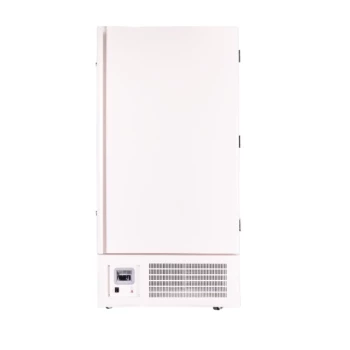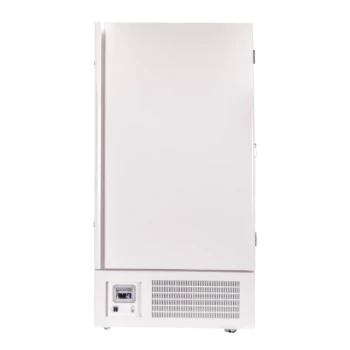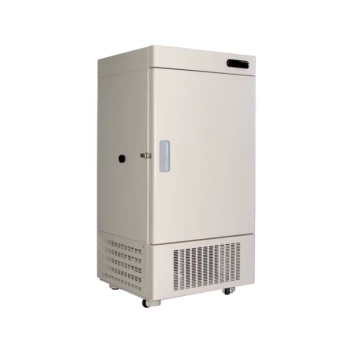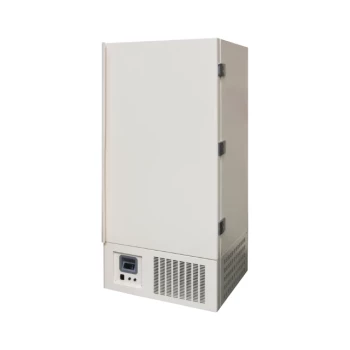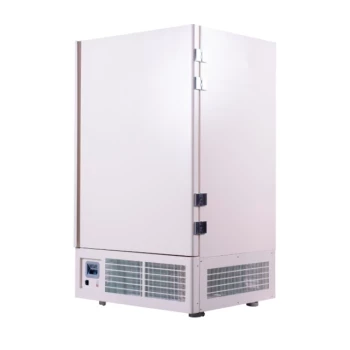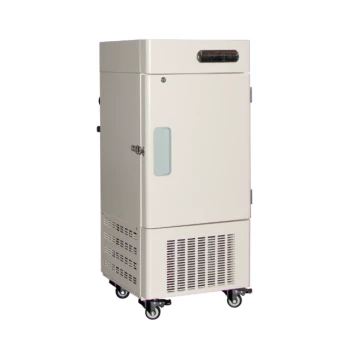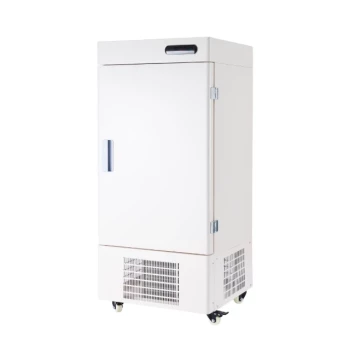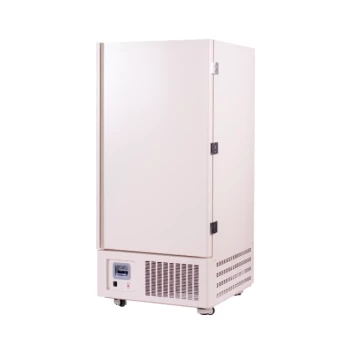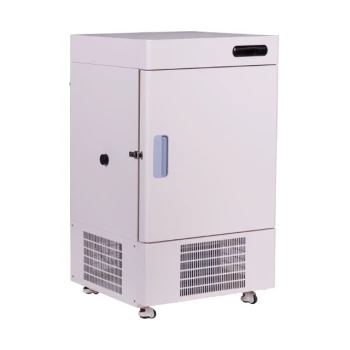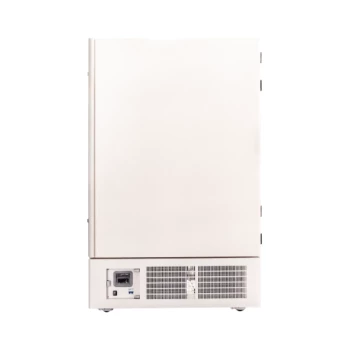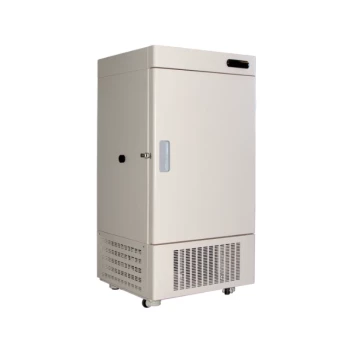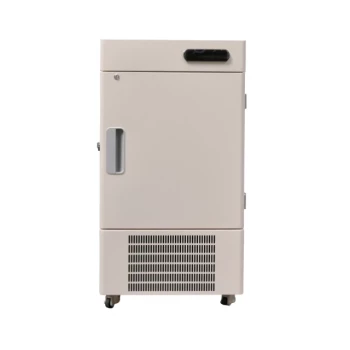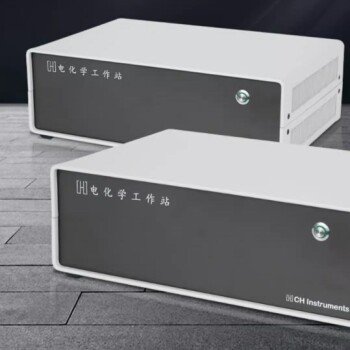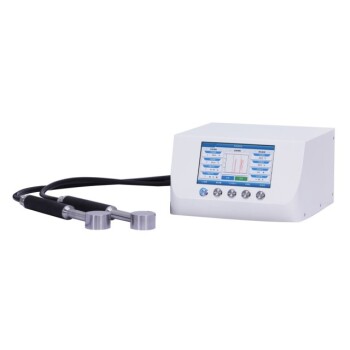In assisted reproductive technology (ART), ultra-low temperature (ULT) freezers are essential for the cryopreservation of human oocytes and embryos. Their function is to maintain these incredibly delicate biological materials in a stable, deep-frozen state, effectively pausing their biological clocks. This preserves their viability for future use in procedures like in-vitro fertilization (IVF), significantly improving the chances of a successful pregnancy.
The central purpose of a ULT freezer in a reproductive setting is to provide unwavering temperature stability. This extreme, consistent cold is what prevents the formation of damaging ice crystals within cells, safeguarding the integrity of irreplaceable reproductive materials over extended periods.
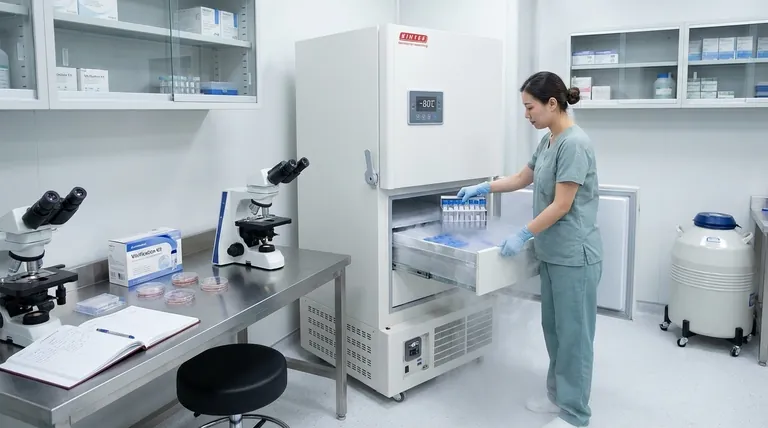
The Critical Need for Extreme Cold in ART
Standard freezing methods are insufficient for the complex cellular structures of oocytes (eggs) and embryos. The precise, controlled environment of a ULT freezer is a fundamental requirement for modern fertility treatments.
Why Standard Freezing Fails
Oocytes and embryos contain a high percentage of water. During a slow or uncontrolled freezing process, this water forms ice crystals that can rupture cell membranes and organelles. This cellular damage renders the oocyte or embryo non-viable.
The Goal: Vitrification
ULT freezers enable a process called vitrification, where biological tissues are cooled so rapidly they solidify into a glass-like state without forming ice crystals. This process is critical for preserving the delicate internal structures of the cells, ensuring they can be successfully thawed and used later.
Enabling Future Possibilities
By successfully preserving oocytes and embryos, ULT freezers provide crucial flexibility. They allow individuals to preserve fertility for medical or social reasons, and they enable clinics to store embryos from an IVF cycle for subsequent transfer attempts without repeating the entire stimulation and retrieval process.
How ULT Technology Achieves Unwavering Stability
The reliability of a ULT freezer comes from its specialized refrigeration engineering. These are not simply colder versions of a domestic freezer; they are precision instruments designed for a single, critical task.
The Power of Compressor Systems
Most ULT freezers use either a single, high-power hermetically sealed compressor or, more commonly, two cascade compressors. A cascade system uses two interdependent refrigeration circuits. The first circuit cools the second, allowing the second circuit to achieve much lower temperatures than a single system could alone.
Efficient Heat Exchange
These systems rely on air-cooled condensers to efficiently remove heat from the refrigerant. This heat transfer is often assisted by a fan to ensure the system operates effectively.
Uniform Internal Temperatures
Inside the chamber, evaporation occurs through steel plate heat exchangers or coils. This design, combined with robust insulation, ensures that the ultra-low temperature remains consistent throughout the entire storage space, eliminating warmer spots that could compromise the samples.
Understanding the Key Considerations
While the primary function is cooling, the defining characteristic of a ULT freezer in an ART context is its reliability. The contents are invaluable and irreplaceable, making system integrity the highest priority.
The Value of Robust Engineering
Features like cascade compressors and sealed systems are more complex and consume more energy, but they provide the operational security necessary for a clinical environment. The design prioritizes failure prevention and temperature stability above all other factors.
A Gold Standard for Biological Samples
The use of ULT freezers is not exclusive to ART. They are the standard for storing a wide range of high-value biological materials in clinical laboratories, including diagnostic specimens like plasma, serum, and tissues for genetic testing. This cross-disciplinary reliance underscores the technology's proven effectiveness in maintaining sample integrity.
Applying This to Your Goals
The choice and application of ULT technology in a fertility clinic are guided by the non-negotiable need to protect patient materials.
- If your primary focus is maximizing viability: The rapid cooling enabled by a powerful cascade refrigeration system is essential for successful vitrification.
- If your primary focus is operational security: Features that ensure temperature stability and uniformity, such as sealed compressors and efficient internal air circulation, are paramount for protecting irreplaceable embryos and oocytes.
- If your primary focus is long-term patient flexibility: The reliable long-term storage provided by ULT freezers is what allows ART clinics to offer fertility preservation and plan multiple embryo transfers from a single IVF cycle.
Ultimately, ULT freezers are a cornerstone technology, transforming the possibilities within assisted reproduction by making time a manageable variable.
Summary Table:
| Application | Key Benefit | Technology Used |
|---|---|---|
| Oocyte & Embryo Storage | Preserves viability for future IVF cycles | Ultra-low temperature (-80°C) |
| Vitrification Process | Prevents damaging ice crystal formation | Rapid, controlled cooling |
| Fertility Preservation | Enables social or medical fertility banking | Cascade compressor systems |
| Long-Term Sample Integrity | Maintains sample stability for years | Sealed systems & uniform cooling |
Safeguard Your Most Valuable Samples with KINTEK
Your laboratory's success depends on the integrity of irreplaceable biological materials. KINTEK specializes in providing reliable ultra-low temperature freezers designed for the demanding needs of assisted reproductive technology and clinical labs. Our equipment ensures the precise temperature control and unwavering stability required for successful vitrification and long-term cryopreservation of oocytes, embryos, and other critical samples.
We help you:
- Maximize viability rates with consistent, uniform cooling
- Enhance operational security with robust, failure-resistant engineering
- Offer greater patient flexibility through reliable long-term storage solutions
Ready to enhance your lab's capabilities? Contact our experts today to find the perfect ULT storage solution for your specific ART and clinical needs.
Visual Guide
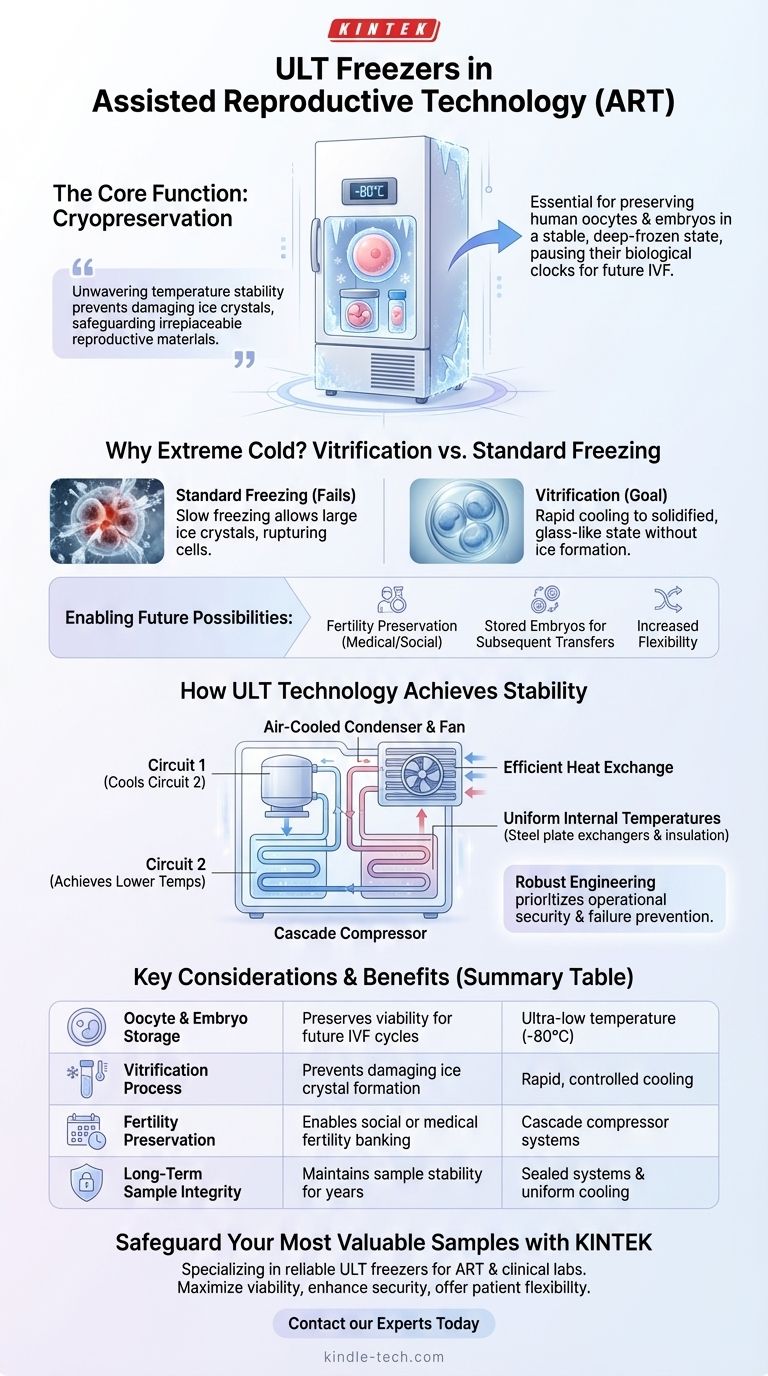
Related Products
- 508L Advanced Vertical Ultra Low Temperature Freezer for Critical Laboratory Storage
- 708L Ultra Low Temperature Freezer High Performance Laboratory Freezer
- 208L Advanced Precision Laboratory Ultra Low Temperature Freezer for Cold Storage
- 608L Essential Laboratory Ultra Low Temperature Freezer For Critical Sample Preservation
- 808L Precision Laboratory Vertical Ultra Low Temperature Freezer
People Also Ask
- How is temperature controlled in ultra low temperature freezers? A Guide to Stable -80°C Storage
- What are ultra-low temperature freezers designed for? Preserving Your Most Valuable Biological Samples
- What is the purpose of ultra-low temperature (ULT) freezers? Preserve Critical Biological Samples
- What temperature ranges are typically associated with ultra-low temperature freezers? Preserve Samples from -40°C to -86°C
- What are the recommendations for storing mRNA vaccines in ultra-low temperature freezers? Ensure Absolute Stability at -80°C
